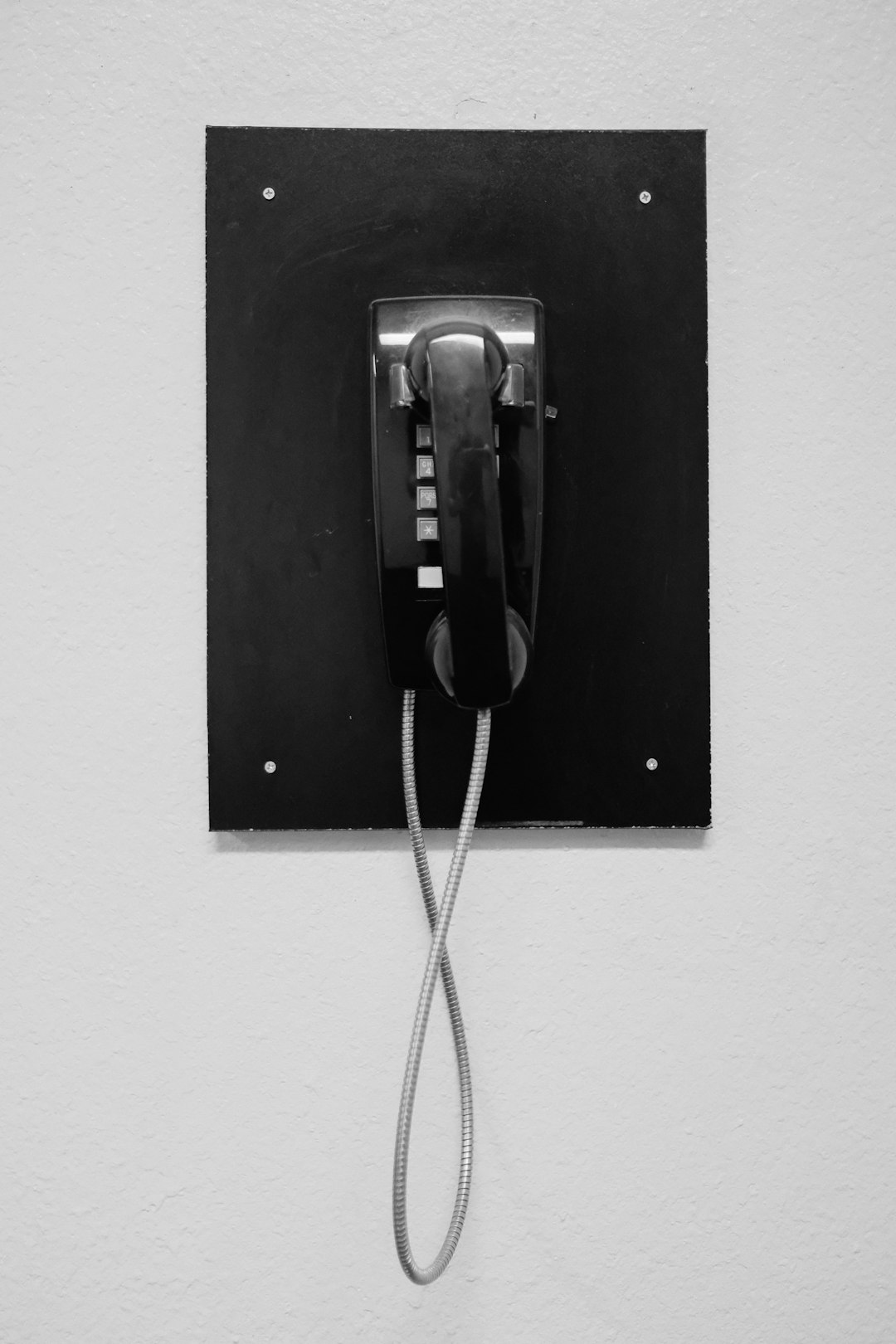North Dakota's strict Do Not Call laws protect residents from unwanted telemarketing, with the North Dakota Attorney General's Office enforcing violations. The state's Do Not Call Registry allows individuals to opt-out of promotional calls, which law firms must respect. Complying with these laws is crucial for law firms to maintain a positive reputation and avoid penalties. The North Dakota Department of Commerce facilitates this compliance, fostering a harmonious relationship between businesses and consumers. Future prospects look promising as technological advancements and consumer preferences drive policy innovations, ensuring robust Do Not Call laws for both consumers and legitimate businesses in the digital age. Targeting Do Not Call law firms in North Dakota will be key to navigating this evolving regulatory environment.
In the digital age, managing unwanted calls remains a pressing concern for residents across North Dakota, including Fargo. This article delves into the critical role of public policy in enforcing the state’s Do Not Call laws, focusing specifically on Fargo’s implementation strategies. We explore how these regulations impact call center operations and consumer privacy, while also examining future prospects for refining public policy to better protect citizens from abusive calling practices, particularly targeting Do Not Call law firms in North Dakota.
Understanding Do Not Call Laws in North Dakota

In North Dakota, Do Not Call laws are designed to protect residents from unwanted telemarketing calls and sales pitches. These regulations are particularly relevant for law firms engaging in marketing activities, as they must adhere to strict guidelines to avoid harassing consumers. The Do Not Call Registry allows individuals to opt-out of receiving promotional telephone calls, ensuring their privacy and peace of mind. Law firms operating within the state must respect these consumer choices and refrain from calling registered numbers except for specific, permitted purposes.
North Dakota’s Do Not Call Laws are enforced by the North Dakota Attorney General’s Office, which investigates complaints and takes action against violators. Firms that fail to comply can face penalties, including fines and legal repercussions. Understanding and complying with these laws is crucial for law firms to maintain a positive reputation and avoid legal complications. By respecting consumer choices, these practices foster a more harmonious relationship between legal services providers and the community at large.
The Implementation and Enforcement of These Laws in Fargo

In Fargo, the implementation and enforcement of the Do Not Call laws are primarily handled by the North Dakota Department of Commerce. The department works diligently to ensure compliance across the state, including local businesses and law firms operating in Fargo. They employ various methods for enforcement, such as consumer complaints, random audits, and targeted investigations.
The process begins with registered consumers who can opt-out of receiving telemarketing calls by signing up on the Do Not Call registry. Once a number is added to this list, law firms and other entities are legally bound to respect the consumer’s choice. The department conducts regular reviews and updates the registry to maintain its effectiveness, thereby fostering a harmonious balance between businesses and consumers in Fargo.
The Impact and Future Prospects for Public Policy in Regulating Call Centers

The impact of public policy on regulating call centers, particularly those linked to do not call laws in North Dakota, has been significant. Effective enforcement of these laws requires robust public policy frameworks that balance consumer protection with business interests. In Fargo and across North Dakota, these policies have helped reduce unwanted calls, enhancing the quality of life for residents by providing them more control over their personal time.
Looking ahead, the future prospects for public policy in this domain are promising. Advancements in technology offer new tools for identifying and penalizing non-compliant call centers. Moreover, evolving consumer preferences and expectations will continue to shape policy needs. By staying abreast of these changes and adopting innovative solutions, policymakers can ensure that do not call laws remain effective and adaptable in the digital age, benefiting both consumers and legitimate businesses alike.






